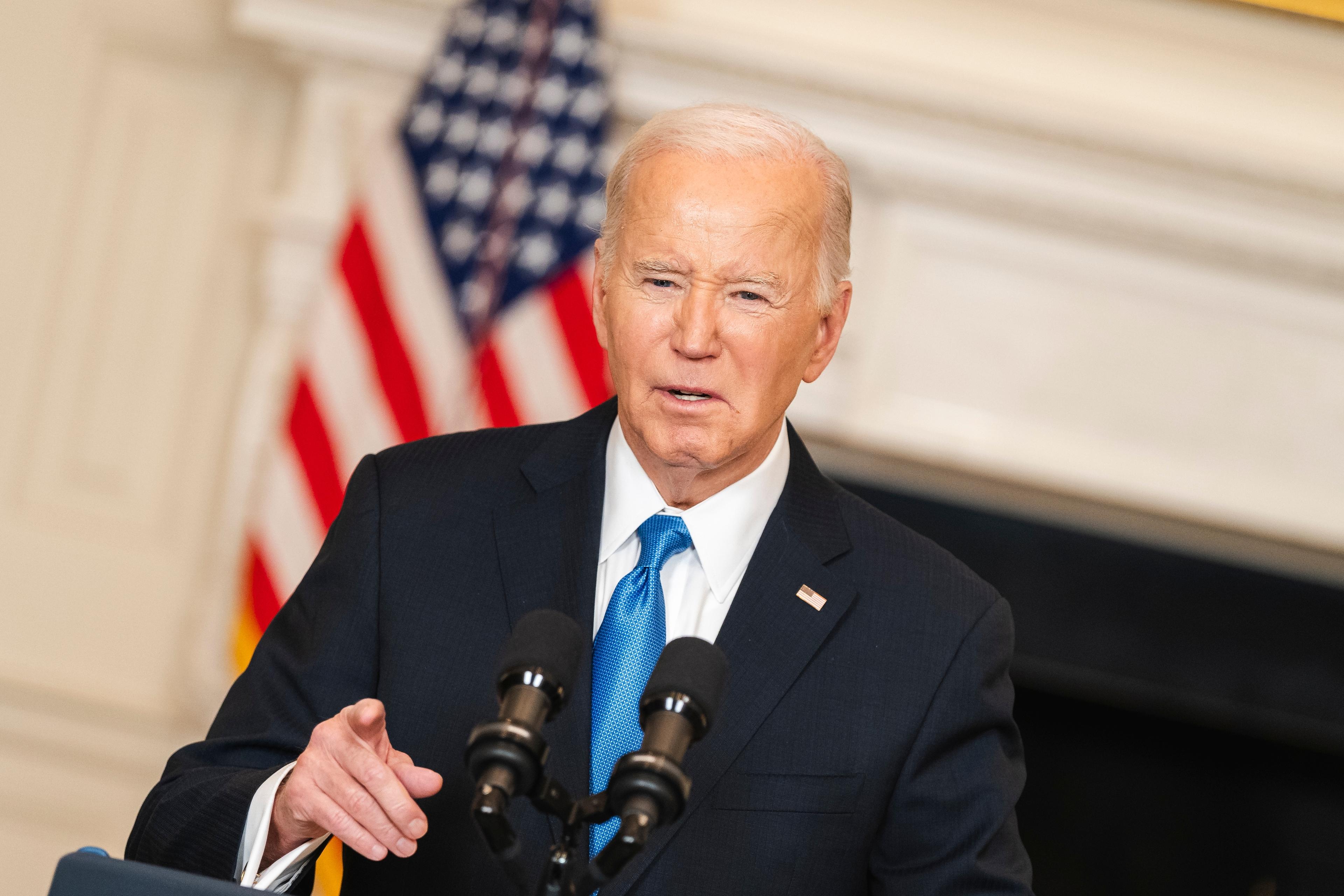Biden's speech in support of Lebanon ceasefire
Israel-Lebanon Permanent Ceasefire Agreement Announced by Biden
On Tuesday, Israel and Hezbollah agreed to a permanent ceasefire, ending cross-border hostilities after nearly a year of conflict. The agreement was facilitated by the United States and France. President Joe Biden announced the deal in the White House Rose Garden, confirming that fighting along the Israeli-Lebanese border would cease at 4:00 a.m. local time on Wednesday.

"This ceasefire is intended to be a permanent cessation of hostilities," Biden stated, emphasizing that any remaining threats from Hezbollah or other terrorist organizations will not be tolerated. He also highlighted the deployment of Lebanese forces and Israel's gradual troop withdrawal over the next 60 days, as well as the return of civilians to their homes.
Israeli Prime Minister Benjamin Netanyahu expressed support for the ceasefire in a televised address, noting that it would allow Israel to focus on its ongoing efforts against Iran and Hamas. He further stressed that the ceasefire was critical for the safe return of northern Israeli residents and the resolution of other regional threats.
The ceasefire comes after months of escalating tensions, particularly since the summer of 2023, when Hezbollah initiated hostilities in solidarity with Palestinian civilians. Israel responded with airstrikes, and later, a ground invasion in southern Lebanon. Despite the diplomatic progress, hostilities continued on the ground on Tuesday, with Israeli forces striking Hezbollah targets in Beirut and Hezbollah retaliating with missile strikes against northern Israel.
Biden confirmed that U.S. troops would not be deployed to southern Lebanon as part of the ceasefire implementation. Instead, the U.S. will work alongside France and other international partners to ensure full compliance with the agreement. Biden also pointed out the importance of effective enforcement, urging the U.N. to ensure the deal's success, while Israel's Defense Minister warned that any future threats from Hezbollah would be met with immediate action.
The international community had long called for a ceasefire, citing the escalating humanitarian crisis in Gaza and the broader region. The agreement is seen as a significant step toward stability, though concerns remain about the fragile nature of the peace.